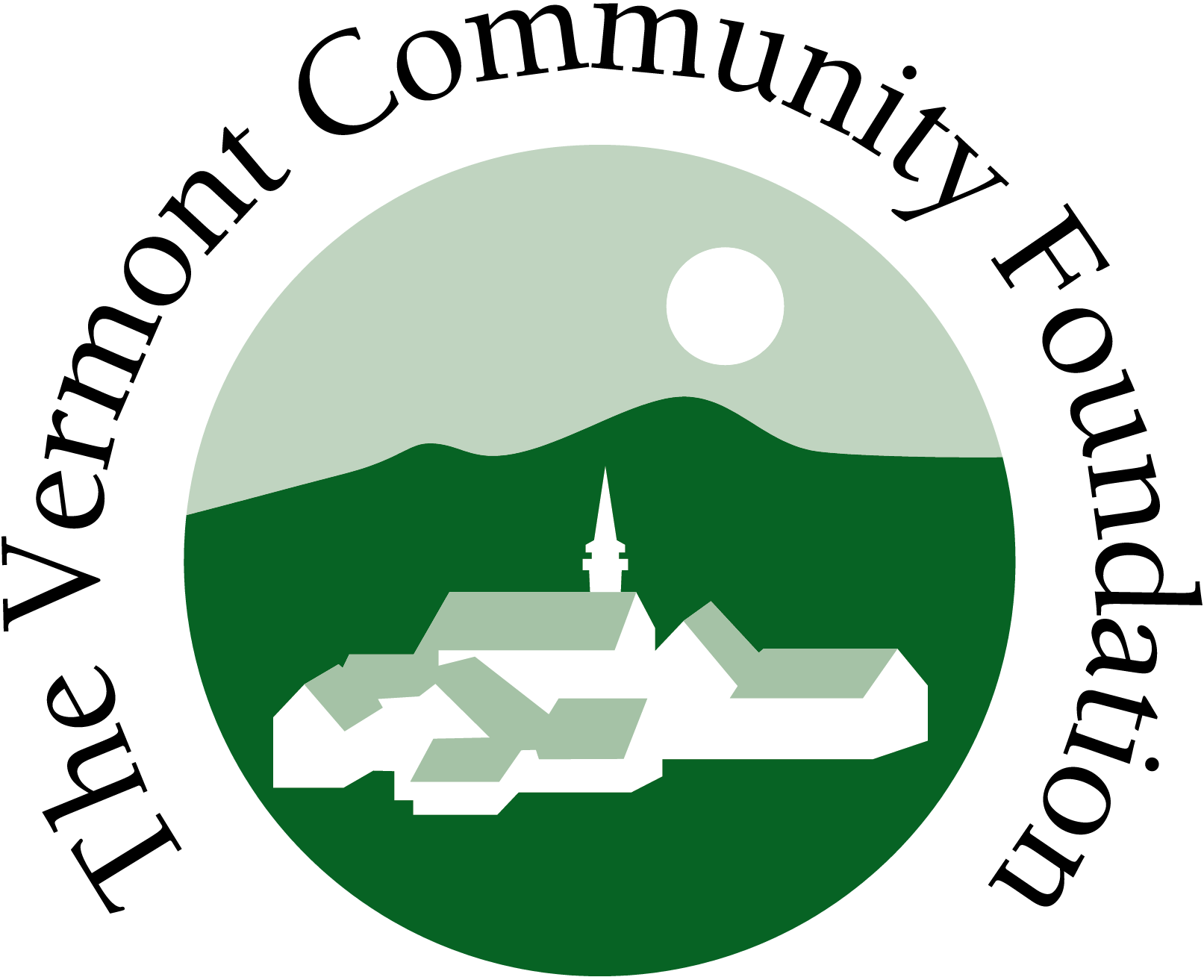How the Vermont Community Foundation is trying to spark entrepreneurship in rural VT
As part of its efforts to support economic resilience, the Vermont Community Foundation invested $250,000 in a partnership with the Center on Rural Innovation to fund CORI’s digital economic strategy services in five Vermont communities.
There’s a question that’s gnawed at Dan Smith since he became president and chief executive officer of the Vermont Community Foundation (VCF) nearly five years ago.
How can an organization like his achieve its greatest impact when it has to manage money in a financial system that is potentially having a net-negative effect on the same communities they are trying to serve?
What’s a community foundation to do when economic opportunity becomes more concentrated in its urban centers and rural areas don’t have the means to catch up?
“The civic and economic reality of rural communities (is) very much a shared experience whether you want to go up and down Appalachia or from here to the Rust Belt — what’s going on outside the greater Burlington area in Vermont is not unique,” Smith said. “So the question for us became what is the role of philanthropy in addressing the systemic gap in opportunity that exists in rural communities?
“If we can’t figure out how to ensure people can anticipate progress, potential, opportunity, and hope, it’s pretty hard to engage in the civic structure that’s created or allowed those circumstances to emerge.”
For the Community Foundation, that has meant shifting from its more traditional role as grant-maker into a social leadership position. Increasingly, the approximately $400 million foundation has tried to identify and call out the systems that are leaving Vermont communities behind, directing grants and investments toward changing those underlying economic circumstances and erasing the opportunity gap.
And when the pandemic presented Smith’s organization with unprecedented urgency and capacity to ramp up that work — its COVID-19 Response Fund has received $10.4 million in donations since last March — it pounced on the chance.
Among its 2020 initiatives to boost entrepreneurship and economic resilience in Vermont’s rural communities, VCF’s largest single investment was a $250,000 partnership with the Center on Rural Innovation (CORI) to fund its services in five Vermont communities. The plan calls for building on CORI’s previous work in Springfield and also develop digital economy ecosystem strategies in Rutland, Randolph, Windham County, and the Northeast Kingdom.
“It was a big commitment,” Smith said. “But I’m conscious of what CORI is doing elsewhere, and it’s important for us that CORI’s skills and knowledge be applied in Vermont.”
Springfield as a case study
Vermont Community Foundation’s pre-pandemic focus on entrepreneurship in its opportunity gap work drove investment in Springfield, which established the belief in “the importance of entrepreneurship as a key lever for resilience in these communities,” Smith said.
To date, Smith estimated, VCF has more than $500,000 in mission investments in Springfield, with additional grant funds on top of that. These efforts included support for the Black River Innovation Campus, housing options, after-school programming, a computer-science curriculum at the high school, and underwriting the local co-op’s move into the downtown core.
“We believe we can help communities get upstream of all the things that grant-making and philanthropy can remediate downstream,” Smith said.
To take that upstream-downstream analogy further, think of it like this: There’s a canoe approaching a stretch of river that’s run dry. It’s at risk of getting stuck.
But instead of paying to flood the river ahead with more water — a hugely expensive gift — you could be more strategic than that, simply toss the boat a rope to pull it to shore before it gets stuck. From there, the travelers can choose their own path. They could decide to portage around the impassable stretch or, maybe, decide to hike in a different direction.
The importance of ownership
The premise for VCF’s investment in CORI is exactly that. The foundation can’t back businesses in every town that needs its support, but it can help create an environment where, over time, ideas can lead to new business creation and enterprise development.
“Seeding in five places across Vermont a strategy for the creation of opportunity for entrepreneurship feels fundamental to the long-term resilience of those places,” Smith said.
It’s applying the same philosophy behind the foundation’s philanthropy for early-childhood education — investing at the stage when funds can have the most direct and out-sized value — to the pursuit of economic resilience and recovery.
“If there’s a strong technology-based startup culture in communities, an entrepreneurship culture, not everything is going to win but the theory of change is that you’re going to foster a level of both ownership and entrepreneurship that builds resilience in those communities,” Smith said. “Ownership is a weird thing for philanthropy to focus on. But if you look at what’s created wealth or economic resilience on a family or individual basis over the past 50 years in the U.S., it’s home ownership or business ownership.”
“A lot of community foundations are waking up to the fact that economic empowerment, or economic self-determination — which is another way of describing entrepreneurship — is important if they want to deal with the underlying equity issues in the shared experiences of their communities."
Dan Smith, President and CEO of the Vermont Community Foundation
Smith said part of VCF’s draw to CORI for this initiative owed to the work it has already done to gain a better understanding of the problems facing rural America, Vermont included.
“Rural is an abstraction to a lot of people and endeavoring to understand and offer ideas for how rural can reinvent itself is going to be really important because it’s not going away,” Smith said. “Our staff and our organization had a high degree of confidence in CORI’s ability to support communities in this work.”
Smith hopes VCF’s place-based efforts to build economic resilience, like the decision to partner with CORI, signals to other community foundations and donors that it’s worth taking on similarly bold projects.
“A lot of community foundations are waking up to the fact that economic empowerment, or economic self-determination — which is another way of describing entrepreneurship — is important if they want to deal with the underlying equity issues in the shared experiences of their communities,” Smith said.
Stay connected
At the Center on Rural Innovation, we are working with rural communities across the country to help position them to thrive in the 21st-century digital economy. To learn more about our work in this space, be sure to check out our blog and sign up for our newsletter.


